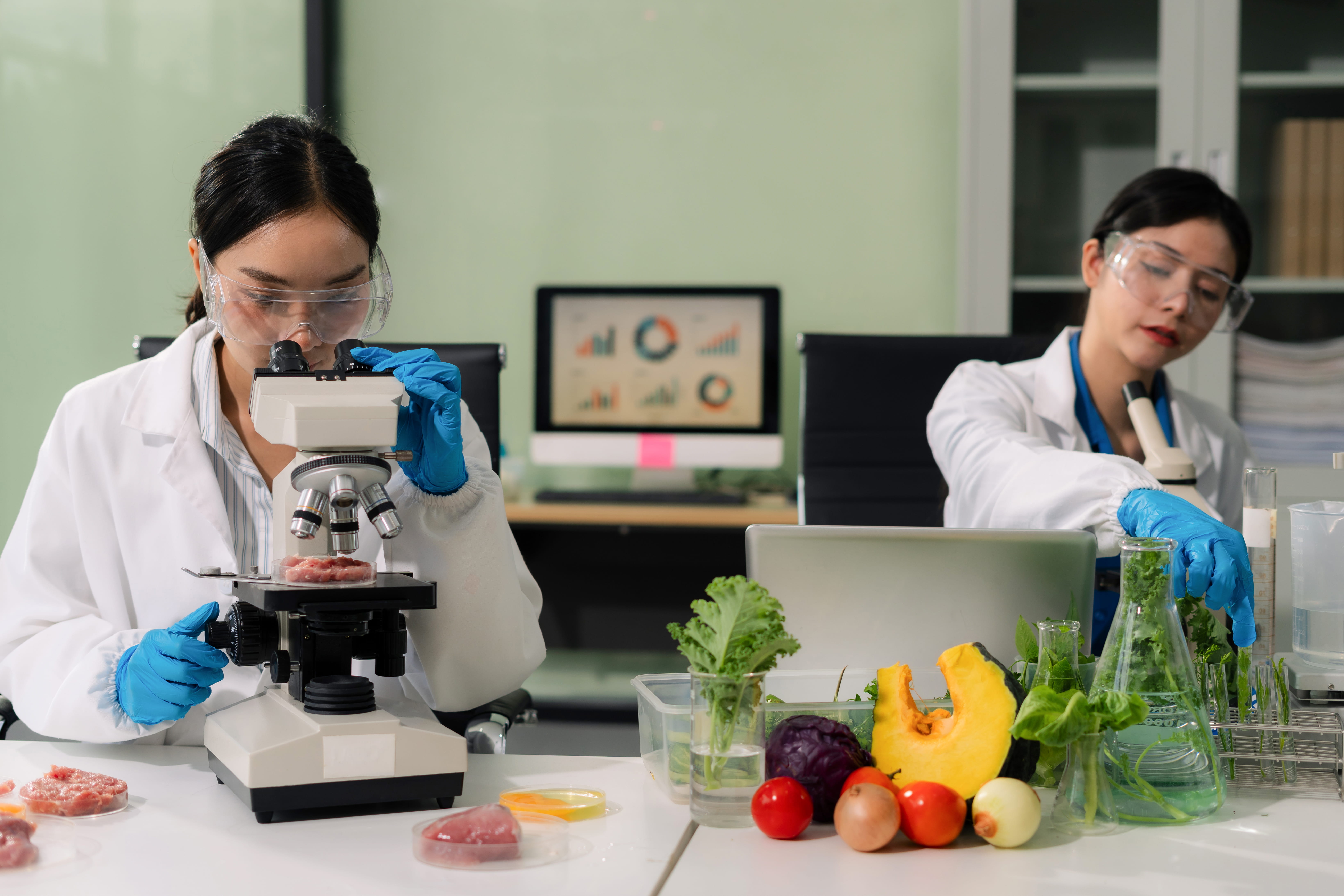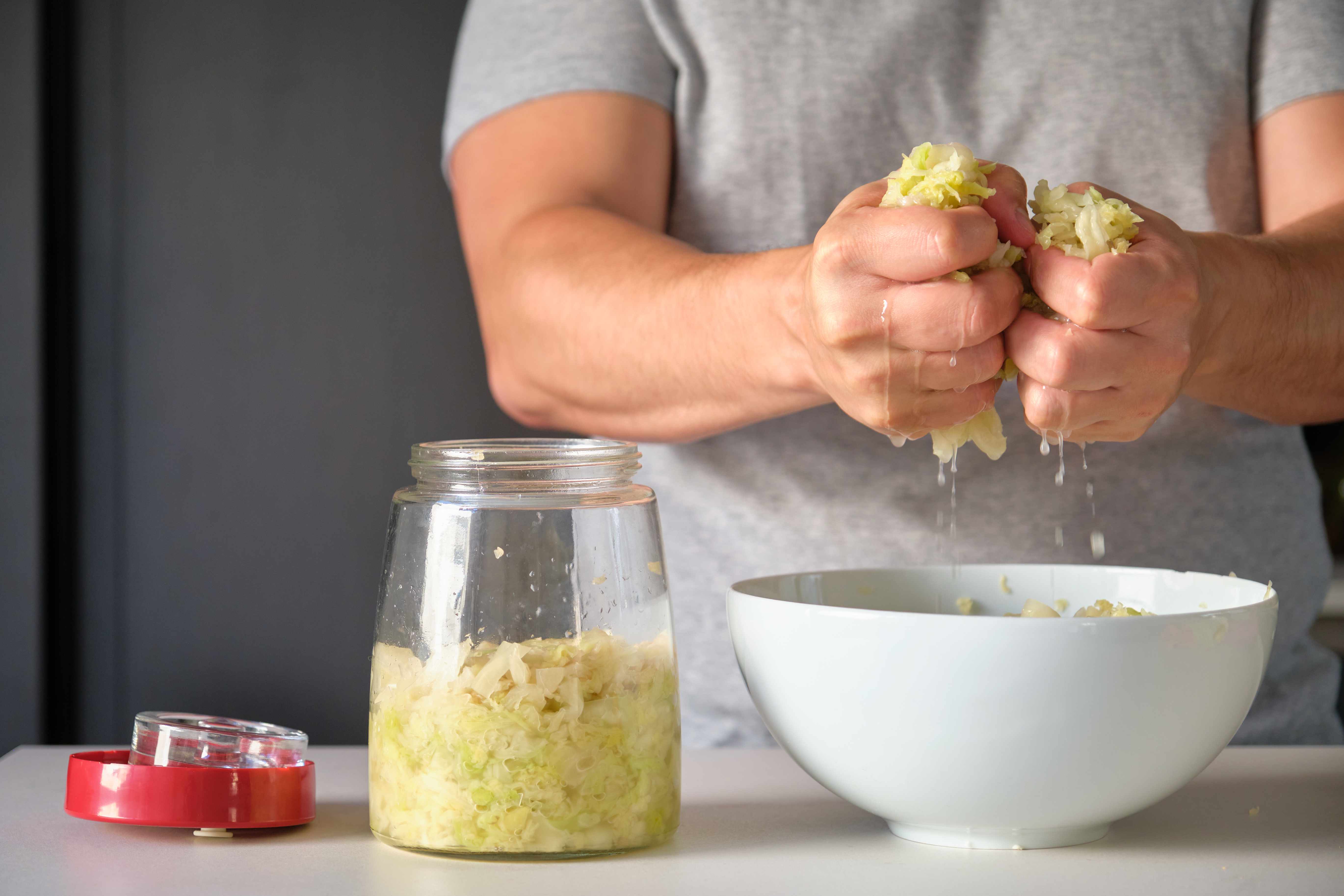Last Updated on October 5, 2023 by Admin
Table of Content
- Why is the food sector so concerned with personal hygiene for food handlers?
- What are the best practices for personal hygiene in the food industry?
Personal hygiene in the food industry has several substantial advantages in the food sector. Personal hygiene practices are essential because they help food businesses comply with rules, preserve their reputation, minimise food spoiling, encourage staff health and well-being, and boost employee morale and confidence.
The viability and survival of the food sector depend on food safety, personal hygiene, and training investments.
Why is the food sector so concerned with personal hygiene for food handlers?
‘Personal Hygiene Practices’ are the most basic and crucial factors affecting the health and reputation of food handlers, associated food processes, and hundreds and thousands of customers who eat their food.
Indians believe that food should be treated with love and care. Hence it is alarming that about 2 million deaths happen annually in India due to consuming contaminated food and water. So let us dwell more into the benefits of good hygiene practices in the food industry.
01. Food safety
Ensuring food safety is the main advantage of good hygiene practices in the food sector. Food handlers can reduce the chance of food contamination with dangerous bacteria, viruses, and other diseases by maintaining appropriate personal hygiene.
02. Adherence to regulations
Food outlets and individuals can comply with these rules by practising good personal hygiene in the food industry. In addition, food handlers can avoid potential sanctions, fines, or legal actions by adhering to the requirements established by FSSAI. FSS Act makes the person liable to a penalty extending to one lakh rupees for unhygienic or unsanitary processing or manufacturing of food.
03. Preservation of reputation
Consumers need good hygiene practices for their food, and businesses that emphasise these practices are more likely to win their trust and loyalty. Gaining and keeping clients requires a positive reputation, which increases business success.
04. Avoiding food spoilage
Lack of protective clothes or improper hand washing is an example of poor personal hygiene that might introduce factors that hasten food degradation. Food handlers can decrease the chance of introducing spoilage factors and hence increase the shelf life of food products by following personal hygiene rules. Health and morale of employees.
High standards of personal hygiene practices in the food industry benefit consumers’ and food workers’ health and well-being. In addition, food handlers’ trust in their capacity to handle food properly is increased when they receive personal hygiene training and support. A yearly examination of food handlers is mandated by FSSAI to ensure food handlers are free from any infectious, contagious, and other communicable diseases.
Read Also: The Importance of Food Hygiene at Home and Outside
What are the best practices for personal hygiene in the food industry?
Personal hygiene in the food industry is essential for food handlers to guarantee the safety and quality of the food manufactured for consumers. Here are some crucial details about personal hygiene practices involved in food safety:
01. Hand Hygiene is Key
Hand washing is an important part of personal hygiene for everyone, but it is far more crucial for food handlers. Before handling food, handlers should wash their hands with soap and water for at least 20 seconds to help eliminate bacteria and viruses. Interestingly, liquid soap works better rather than bar soap, especially when one is in the workplace.
02. Beware of False Sense of Security
Use hand sanitisers per the manufacturer’s recommendations and ensure they contain at least 60% alcohol when soap and water are unavailable. Furthermore, gloves are beneficial for some jobs, including handling ready-to-eat meals. But they cannot replace hand washing and sanitation.
03. Food Handlers and Jewellery
Jewellery should be worn sparingly by those who handle food, especially on the hands and wrists, where it can harbour bacteria and serve as a source of contamination. In addition, rings, bracelets, and watches can accumulate dirt and food particles, making washing your hands more difficult. No Jewellery policy is the best way to work out food safety and hygiene.
04. Nail Hygiene Matters
Food handlers should keep their nails neat and trimmed. Long nails harbour bacteria which can easily spread to food handled. Additionally, regular handwashing, sanitation, and trimming of nails are not replaced by wearing gloves.
05. Sneezing and Coughing Etiquette
Those handling food should follow sneezing and coughing protocol to stop contaminant transmission. Wear a mask to prevent any contamination of food handled. Food handlers facing health issues are recommended to stay at home.
06. Hair and Beard Restraints
Hair, including facial hair, can harbour pathogens. Scanning electron microscope analysis revealed that Gram-positive S. aureus and S. epidermidis and Gram-negative E. coli and P. aeruginosa adhere to and colonize human hair shafts. Hence, food handlers should wear the appropriate hair restrictions, such as hats or hairnets. In addition, beards increase the possibility of contamination by trapping food particles and microorganisms. Therefore, bearded food handlers should follow frequent cleaning and grooming and use beard nets to reduce the risk of contamination.
07. Maintain Your Footwear and Uniform
If not washed thoroughly, clothing, mainly aprons, and uniforms, may contain bacteria. Therefore, handlers should keep their clothes clean and in good condition to avoid contaminating their food. In addition, food handlers should put on suitable footwear, such as clean and closed-toe shoes.
08. Hygiene In and Beyond the processing environment
It is essential to maintain personal hygiene standards both inside and outside of the processing environment. A clean atmosphere, regular bathing, and wearing clean clothes all contribute to good hygiene, which reduces the possibility of contaminating the area where food is prepared.
09. Importance of Food Handler Training
Programs for food handler training offer adequate and updated skills necessary to ensure safe food handling procedures. These workshops address food safety, personal hygiene, proper cleaning and sanitation, temperature management and cross-contamination prevention.













